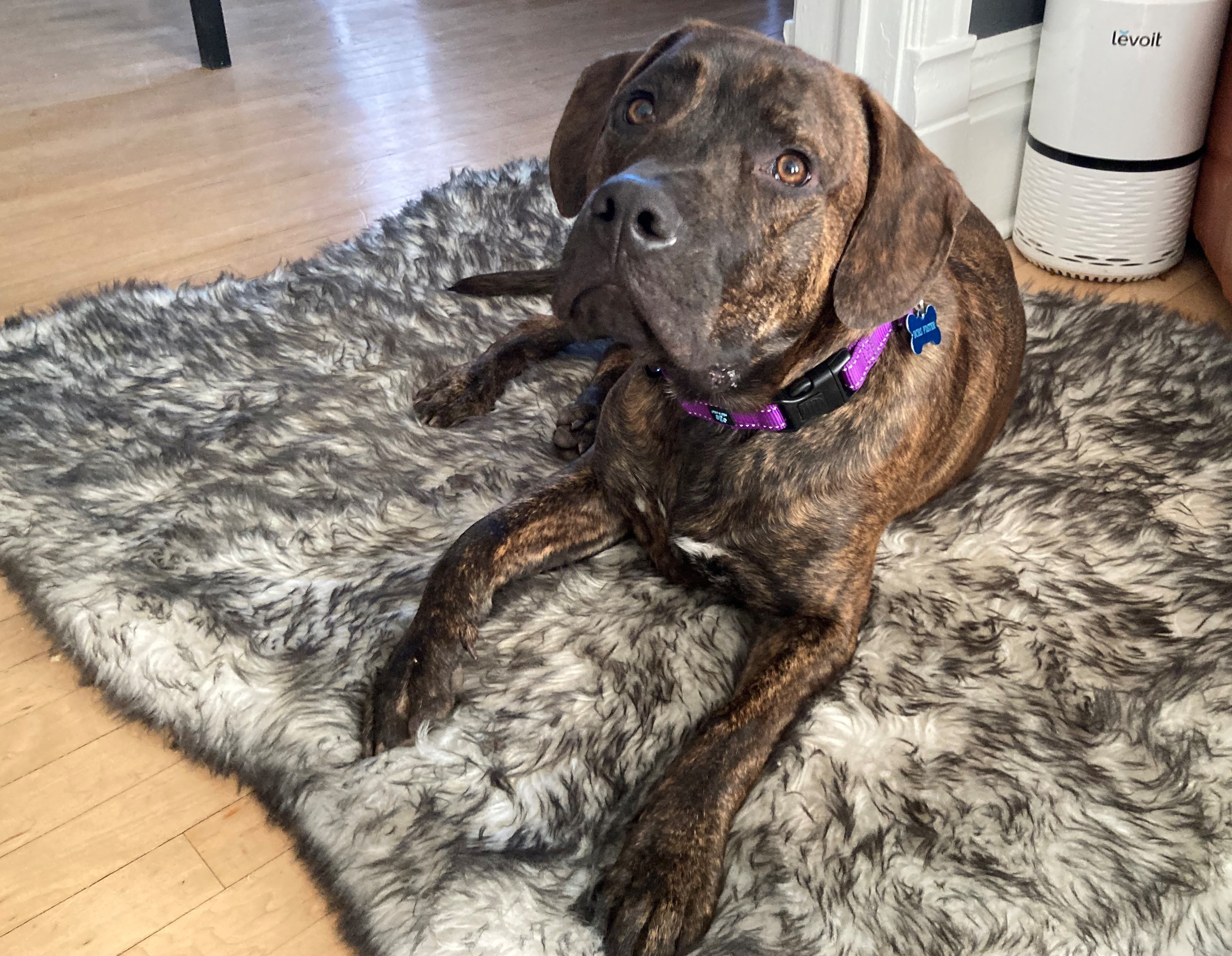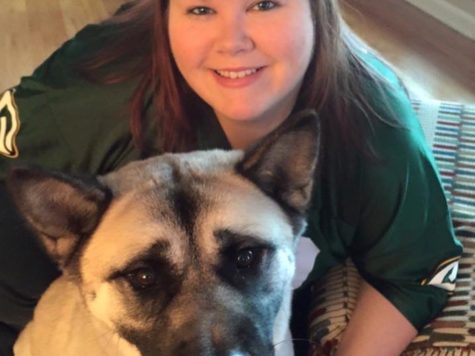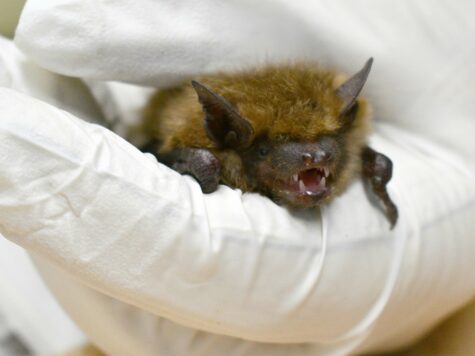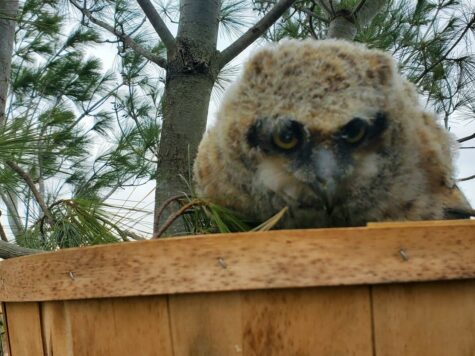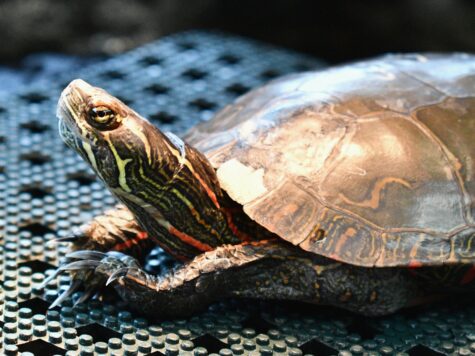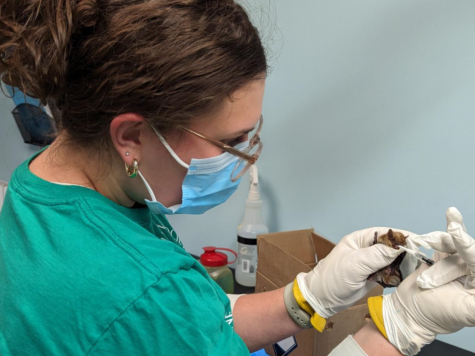An animal shelter isn’t meant to be a permanent home. It’s meant to be a temporary place for a companion animal in search of a new home. A safe place where they can have a roof over their head, enjoy food and treats, get needed veterinary treatment, a place to rest – just for a little while.
But as adoptions across the country slow down, animals are staying longer at shelters. While some animals are adopted within days of arrival, others wait for weeks, which turn into months, and at some shelters, months can turn into years before they find their new home. And the longer they wait, the more they struggle emotionally and mentally with shelter life.
For some, the stress of shelter life affects them quicker and harder than their animal friends. At Dane County Humane Society (DCHS), we do everything we can to help reduce stress levels for animals, and we’re constantly on the lookout for more ways to help animals in our care. For some, there’s nothing like the feeling of “home.” These are the animals who need a foster.
Dogs, cats, and even critters could need a foster home for a variety reasons: they need more socialization or behavior modification, they’re pregnant or a new mom who needs a safe place to ween her litter, they need a quiet home while being treated for or recovering from an illness or injury, they’re too young to be adopted or newborns in need of a neonatal foster, or they need relief from the stress of shelter life. Their length of stay with a foster – from a few days to several months -- depends upon their special needs.
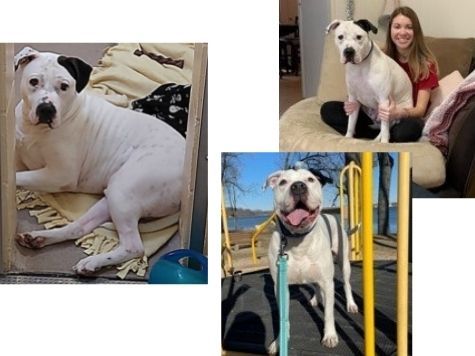
While DCHS has several foster homes in rotation for a variety of animals and needs, we are looking for more, particularly community members interested in fostering big dogs that are 30 pounds and larger who may need help with behavior issues.
“A lot of the times we are seeing big dogs become stressed, which can lead to a whole host of problems such as excessive mouthiness or overexcitement ,” says Eric Holsinger, DCHS’s Foster Program Coordinator. “Alternatively, the dogs can respond to stress by shutting down and becoming fearful and reclusive.
“Being in foster allows the dog time to de-stress and be themselves. Many times, dogs that are acting out in the shelter never show that behavior in the home or that behavior is much less severe,” Eric says. “If a behavior problem does persist in a home, it is much easier to help that dog in a non-shelter environment with a caring, consistent, and dedicated foster.”
Consider Snowball, an adult dog around 73 pounds who came to DCHS in early January. Snowball was fearful of other dogs and people, barking through the kennel door and fence. But when meeting people up close, Snowball was friendlier. He needed a foster because of the stress he was feeling at the shelter.
In the foster home, Snowball snuggled up on the sofa and was happy and wiggly when meeting people. And at 6:00 pm every night, he ran around with the zoomies. On walks with his foster family, Snowball even got to explore new places. The photos above show his joy at climbing to the top of a playground, with a huge smile on his face. This insight from his foster helped Snowball get adopted in early April.
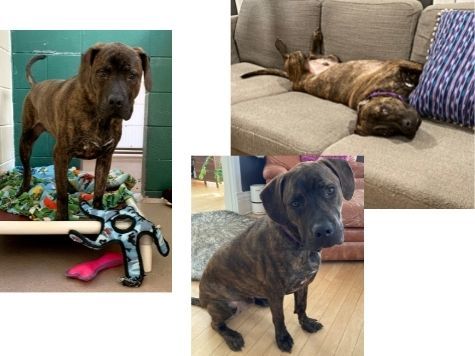
Another big pup, Dexter, spent time in foster after he showed signs of stress while at the shelter. This 1-year-old, 72-pound boy is crate trained and will go inside the crate himself. He also was trained to ring a bell on the doorknob when he needs to go outside – whether that’s to relieve himself or just to run around and play.
“Dexter is a dog of simple tastes,” his foster family wrote in their report. “He loves bacon-flavored training treats and completely ignores local, organic, freeze-dried chicken hearts.”
As of this article, Dexter is still available for adoption. His foster wrote that Dexter’s ideal home should have lots of opportunities for him to exercise and mental stimulation. Dexter enjoys puzzle treats. “Dexter is happiest and most calm when he has regular opportunities to walk or run off some energy,” his foster wrote. “He’s also a big cuddle bug and will seek the softest surface in the house for a nap.”
Not only does fostering help the dogs, it also gives DCHS staff more information to relay to potential adopters about how the dog will act in their home. Foster parents are also asked to provide DCHS with photos or videos that can be shown to potential adopters.
“Adopters being able to see pictures or videos of a large dog cuddling with their foster family on the couch is much better than them deciding based on the dog stress barking in the kennel,” Eric says.
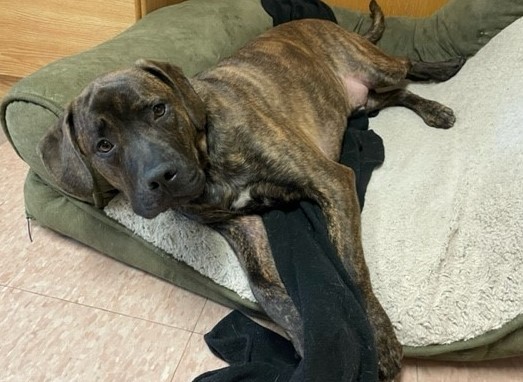
If the dog does show undesirable behaviors, the foster works with the pup to change those behaviors. If the foster runs into any issues, they can reach out to DCHS staff for help and suggestions. “We would love to have fosters that have experience with positive reinforcement training, but we can provide that training and support too,” says Eric.
In addition to helping provide training, fosters are asked to provide food, a place to sleep, toys, treats, and of course, love. DCHS will provide the foster with any necessary medication, prescription food, and health care.
Members of the public interested in becoming a foster must fill out an application as well as undergo volunteer orientation and foster training.
“Anyone is great. Experience with positive reinforcement training would be wonderful, but not required. No-pet homes are always in need, but social and outgoing dogs can also do wonders in helping some of our dogs, so both are needed,” says Eric.
Become a foster and help animals in need.
Read Chelsea White's story of becoming a foster
We Need More Foster Families
DCHS is always looking for new foster families. We particularly need fosters for big dogs, some of which need help working on their manners. Other reasons dogs, cats, and critters may need a foster home include: they need socialization, they need to de-stress from shelter life, they're recovering from an illness or injury, they're pregnant or new moms needing a quiet place to wean their litter, or they're too young for adoption.
